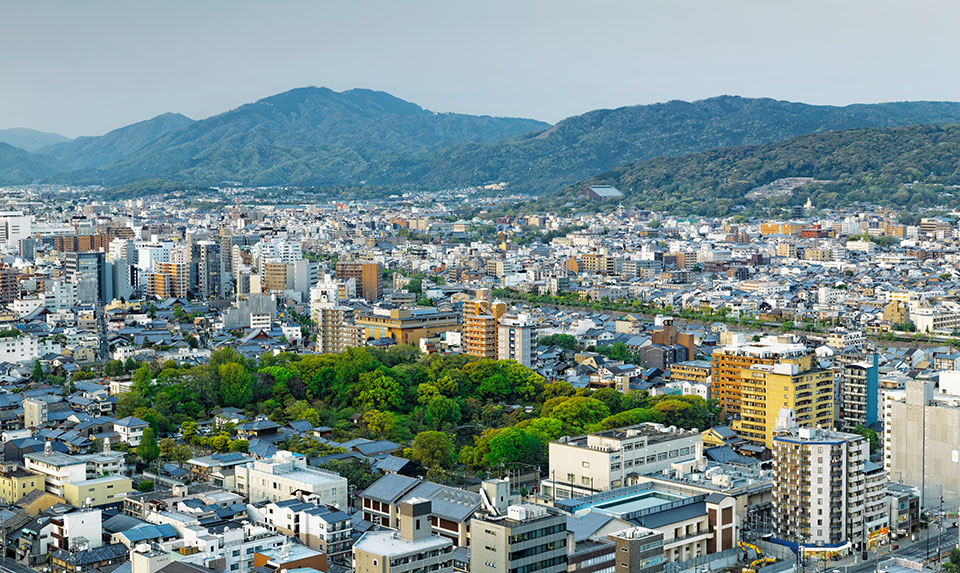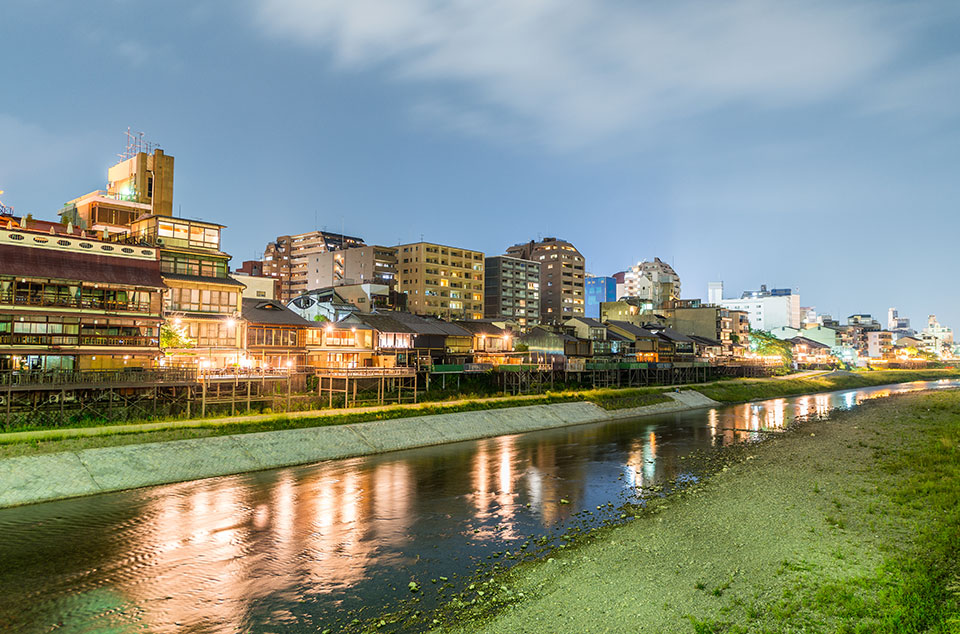6 Things You Should Know Before Studying Kyoto

Beyond the scintillating lights and crampedness of Tokyo, you will find a rather peaceful and conventional setting in Kyoto. One of the main cities in Japan, Kyoto is a popular hit among tourists, domestic and international. From several UNESCO World Heritage sites to mesmerizing sakura trees, there is so much to explore and experience in Kyoto. However, it is not just for its touristic appeal that the city is famous; its universities are known for their world-class education system and attract a large number of students every year.
Many students from across the globe make Kyoto their home in order to pursue quality education. It has been consistently rated as among the most student-friendly cities in the world as a result of which you will not feel out of place here. Yet, there is so much you should know about Kyoto for better decision-making. Well, let us know about a few of those things.
So, here are 6 things you should know about Kyoto before studying here.
- English is not widely spoken
Very much like the rest of the country, there wouldn’t be many speakers of the English language in Kyoto. English is very rarely spoken in the country, and therefore, it is advised that you consider practicing your Japanese skills. For studying in a university here, you will write the Japanese-Language Proficiency Test (JLPT). But, you must continue working on your skills so as to be able to assimilate in the Kyoto society well. Also, it is advised that you check with the university whether the course you want to study is administered in English. - Many employment opportunities
Japan is a thriving economy, but it is also an aging economy. Ultimately, it will require a younger workforce to replace the existing one as a result of which many Japanese companies have started recruiting international students with their folds. However, take note that the work culture in Japan is strict and largely inflexible so make decisions wisely. - Be prepared for the weather
If you are coming to Kyoto, you must pack sufficiently for different seasons. Summers here are humid and hot, so light-colored, light-weight clothes are necessary. Winters are quite cold and can be challenging at times. This is, especially, the case if you are coming from regions with a tropical or temperate climate. Gloves, boots, and jackets are a must in your essentials. Also, it is advised that you purchase an umbrella the moment you reach japan. The rainy season is unpredictable and you will never know when you may need an umbrella. - Health insurance Cover
Every region, whether it is a city, town or village administers National Health Insurance which is compulsory for every foreign national. The said insurance comes with a number of benefits such as 70 percent coverage of most kinds of medical expenditure. Moreover, there is an automatic Student Accident and Injury Insurance that provides cover for injuries suffered during class or extra-curricular activities. - Housing facilities
Housing is a challenging task in Japan, especially when you are a foreign student. Most universities offer on-campus housing facilities or off-campus, associated housing facilities to students. However, if you do not want to avail of any of these and want to explore more options, you may very well consider an apartment or condominium. In comparison, condominiums will be more expensive considering they are generally more furnished than apartments. Also, those moving into an apartment must strongly consider getting a co-tenant to split your bills with. There are extra costs, aside from the rent, to be incurred too such as a security deposit and a non-refundable fee upon execution of the contract. - Transportation
You will not be disappointed by the rapid transportation services Japan has to offer. Many high-speed bullet trains run from and to Kyoto daily, and there are no delays. If there’s one, even for a second, you will receive a sincere apology. Unfortunately, bullet trains can be expensive, especially for a student.However, you can exploit your status as a student here. Students of Japanese universities are extended a 20 percent discount for bullet trains, limited express trains, and ferries. You just need your Student ID and you can save a ton of money. In addition to trains, there are other services including buses. However, it is advised that you should consider purchasing a bicycle for intra-city movement.
Add CEOWORLD magazine to your Google News feed.
Follow CEOWORLD magazine headlines on: Google News, LinkedIn, Twitter, and Facebook.
Copyright 2024 The CEOWORLD magazine. All rights reserved. This material (and any extract from it) must not be copied, redistributed or placed on any website, without CEOWORLD magazine' prior written consent. For media queries, please contact: info@ceoworld.biz














